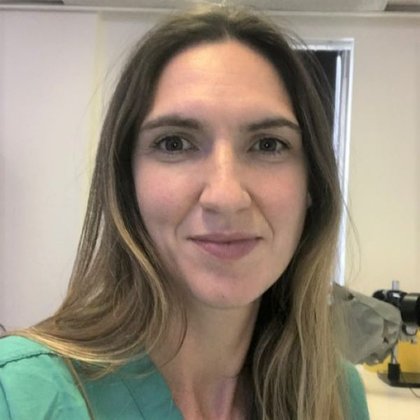New techniques in awake surgery are being offered to Addenbrooke’s patients to treat a debilitating nerve condition affecting the arms, with almost instant results.
The procedure, available at the Ely Hand Clinic, is used to treat lacertus tunnel syndrome, a rare condition involving trapped nerves, often mistaken for carpal tunnel syndrome.
By using new ways to inject local anaesthesia, with the minimum of pain and without a tourniquet, patients can now stay awake during surgery, instead of having a general anaesthetic. It makes recovery quicker, and helps reduce waiting lists.

David Constable, a 58-year-old builder from Cambridge, recently underwent this new type of surgery after rapidly losing mobility in his right arm and hand.
The condition started with pins and needles and David, who also works on a farms two days a week and is a keen fisherman, thought he had been bitten by a spider, stung, or suffered a brush with nettles.
Problems got worse over the next two months, to the point where he could no longer operate power tools, lay a brick, or operate farm machinery.
A doctor confirmed carpal tunnel syndrome, but once referred to Ely Hand Clinic surgeon Alex Reid additionally diagnosed lacertus tunnel syndrome.
David said:
I watched as Mr Reid performed surgery on my wrist, for carpal tunnel, and my arm for lacertus tunnel syndrome, after which I could immediately move my fingers. It was quite remarkable.
David Constable
“It was all over within an hour and a half, and although I was advised to rest longer I was back at work within three weeks.”




Mr Reid, who is offering the treatment with colleague Miss Tereze Laing, said the new technique means the process to release trapped nerves can be as simple and safe as going to the dentist.
Patient and surgeon can discuss progress during the course of the operation, which is helpful for both, with immediate results often seen at the time of surgery.
Mr Reid, whose clinic is adjacent to the Princess of Wales Hospital, said: “Wide awake surgery for carpel tunnel has been around for some time, but wide awake surgery to lacertus tunnel syndrome is far newer.
“Having studied the best techniques from overseas, we use three medications that are some of the safest and most widely tested medicines, with billions of doses having been injected in dental practices.
Patients walk in, have their surgery, and then go home just as they do for a dental filling - and several hours sooner than if they had received a general anaesthetic
Alex Reid
“It’s great to see patients like David doing so well and we look forward to helping many more. Not all hand and peripheral nerve patients will be suitable, which is why each undergoes a thorough assessment at their consultation.”
Anyone suffering such conditions should ask their GP to refer to the Ely Hand Clinic via the Department of Plastic Surgery at Cambridge University Hospital.

